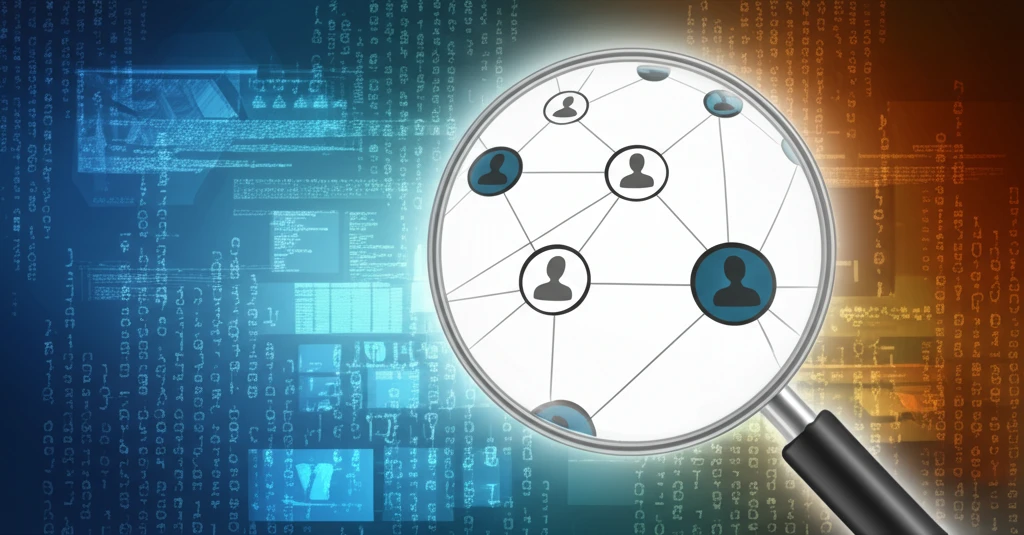
Unlock Your Team's Potential: A Practical Guide to Knowledge Management in Software Development
"Boost productivity, improve software quality, and foster innovation by diagnosing and optimizing your organization's knowledge management practices."
In today's fast-paced software development landscape, managing knowledge effectively is no longer a luxury—it's a necessity. Software development organizations face constant pressure to innovate, adapt to new technologies, and deliver high-quality products on time and within budget. But what if your team is struggling to share vital information, reinventing the wheel on every project, or losing valuable expertise when employees leave? The answer lies in understanding and optimizing your organization's knowledge management (KM) practices.
Knowledge Management (KM) is the systematic process of capturing, organizing, sharing, and applying knowledge within an organization. It's about making sure that the right people have the right information at the right time to make informed decisions and solve complex problems. When implemented effectively, KM can lead to increased productivity, improved software quality, reduced costs, and a more innovative and collaborative work environment.
But before you can reap the benefits of KM, you need to understand the current state of knowledge within your organization. That's where KM diagnostics comes in. By conducting a thorough assessment of your KM practices, you can identify strengths, weaknesses, and areas for improvement. This guide will walk you through the key steps of performing a KM diagnostic in your software development organization, providing practical tips and actionable strategies to unlock your team's full potential.
The Power of KM Diagnostics: Unveiling Hidden Knowledge Assets

A KM diagnostic is like a health check-up for your organization's knowledge. It involves systematically evaluating your current KM practices to identify areas where knowledge is flowing smoothly and areas where it's getting stuck. This assessment helps you understand how knowledge is created, shared, and applied within your organization, allowing you to make informed decisions about how to improve your KM efforts.
- Identify knowledge gaps and bottlenecks
- Improve knowledge sharing and collaboration
- Reduce redundancy and wasted effort
- Enhance decision-making and problem-solving
Ready to Transform Your Organization's Knowledge Management?
By taking the time to diagnose your organization's KM practices, you can unlock hidden knowledge assets, improve collaboration, and drive innovation. The journey to effective knowledge management starts with a single step—conducting a thorough diagnostic. Embrace this process, and you'll be well on your way to building a more knowledgeable, efficient, and successful software development organization.
